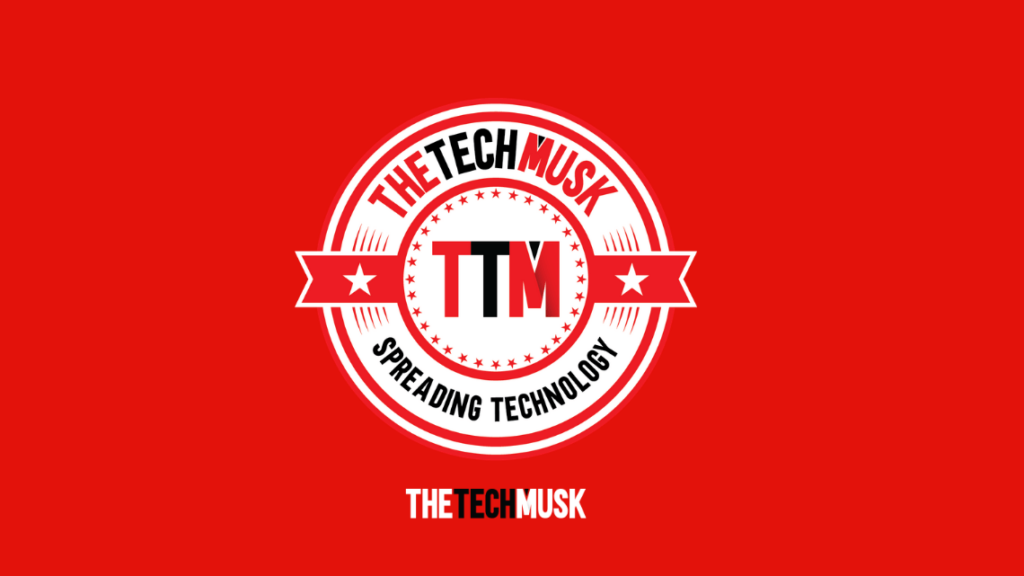If you’ve been thinking about launching an electronics business, the stakes have never been higher — and the opportunities never more exciting. Consumers today care deeply about the planet, and the electronics industry, with its notorious e‑waste and energy demands, sits at the heart of their scrutiny. To stand out, you’ll need more than clever marketing. You’ll need to bake sustainability into the DNA of your business — in ways your customers can feel, trust, and talk about. Here’s how to approach it, step by step!
Rethink How You Build
The first place to look is right at the heart of your operations: how you manufacture. Traditional electronics manufacturing is energy‑hungry and often wasteful, but innovative producers are finding ways to embrace energy‑efficient production processes that both lower costs and improve sustainability. This could mean retooling your assembly lines to reduce power draw, investing in smarter automation that optimizes energy use, or sourcing renewable electricity for your plants. Every watt you save is a signal your customers will notice.
Source With Eyes Wide Open
You may design the most efficient gadget on the market, but if your components are built on exploitation, your brand will falter. That’s why it’s critical to map supply chain for transparency and ensure your suppliers adhere to environmental and ethical standards. This isn’t just a checkbox; it’s a story your customers want to hear. Trace your materials, audit your vendors, and work with suppliers who share your commitment to human rights and environmental responsibility. When your customers ask where your components come from, you’ll have an answer you can stand behind.
Lean on Trusted Help
Of course, building a business, let alone one this thoughtful, can feel overwhelming. From permits to paperwork, it’s easy to get bogged down in the mechanics of formation when you’d rather be perfecting your product. That’s why many entrepreneurs turn to trusted services to form your business easily online. Platforms like zenbusiness.com take the confusion and red tape out of registering your company, so you can focus your energy where it matters most — on creating something meaningful and sustainable.
Design for the Future
Too many products are built with yesterday in mind. Your designs should be forward‑looking, favoring both recyclability and longevity. By choosing to incorporate eco materials and circular design, you’re not just reducing your environmental impact — you’re creating products customers can feel good about using. Consider modular components, biodegradable casings, and designs that allow for easy repair and upgrade. These choices don’t just please regulators; they also resonate with a growing segment of buyers who refuse to contribute to disposable culture.
Plan for What Happens After
Even with the most durable designs, electronics have a lifecycle, and e‑waste is a mounting global problem. Responsible businesses now implement targeted e‑waste recycling programs that give customers a clear path for responsible disposal or trade‑in. Offering take‑back programs or partnering with certified e‑waste recyclers not only keeps toxic materials out of landfills but also keeps your brand top‑of‑mind when customers are ready to replace or upgrade.
Don’t Forget the Box
It’s easy to obsess over the gadget itself and overlook the packaging it comes in. Customers notice when you make the effort to explore eco‑friendly packaging alternatives — whether that’s recycled cardboard, soy‑based inks, or compostable internal cushioning. Packaging is often the first tangible interaction a customer has with your product. Make it count. A box that feels thoughtful and sustainable sets the tone for everything inside it.
Make Your Values Known
Even the greenest business won’t thrive if no one hears its story. People don’t just want products; they want to align with values. That’s why your messaging should explicitly connect your practices to your audience’s principles. The most impactful brands build trust with sustainable messaging that’s authentic and specific, not vague or performative. Share real examples of your initiatives. Spotlight your partnerships. Use your platforms to talk about what you’re doing and why it matters. Customers can sense the difference between lip service and lived commitment.
Building an eco‑friendly electronics business isn’t a gimmick. It’s a statement of who you are and what kind of future you want to help create. Every choice you make — from how you source components to how you tell your story — sends a signal. In an era when customers have more options than ever, that signal needs to be clear, consistent, and true. You’re not just making products. You’re making a promise. And if you keep it, your customers — and the planet — will reward you.
Dive into the future of technology and innovation with THETECHMUSK, your go-to source for the latest in tech news, cybersecurity insights, and groundbreaking reviews!
